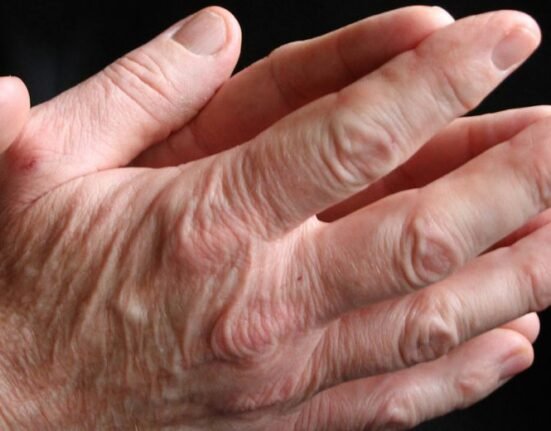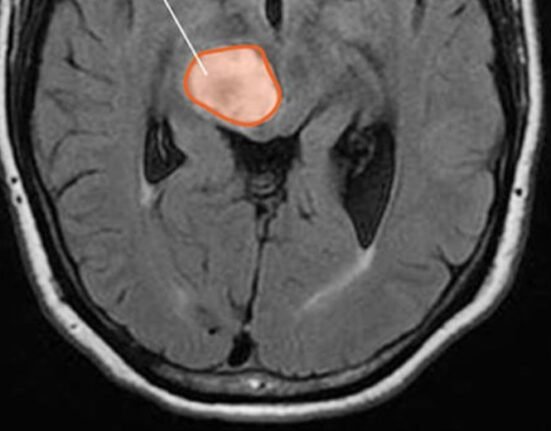HQ Team
June 10, 2025: Merck & Co.’s two oral cholesterol pill trials — one mid-stage and the other end-stage — showed “positive top-line results” on the efficacy and safety of the treatment in adults, according to the company.
Merck’s non-statin cholesterol drug, enlicitide decanoate, is designed to lower “bad” cholesterol (called LDL cholesterol) in adults who already take cholesterol-lowering medicines like statins but still need better control of their cholesterol levels.
The two trials showed that enlicitide significantly reduced LDL cholesterol compared to either a dummy pill or other non-statin cholesterol drugs, according to a company statement.
The pill worked in lowering bad cholesterol in people with a genetic condition causing high cholesterol (heterozygous familial hypercholesterolemia) and in people at risk for heart disease who are already on statins but need extra help.
The drug, used in the treatment of hyperlipidemia — a condition that causes elevated buildup of fat in the blood vessels and can lead to heart attacks and strokes — was safe and did not cause more side effects than the placebo or other treatments.
Helps liver clear LDL
The company did not offer data on the level of safety or efficacy. “Results from the three Phase 3 trials in the CORALreef clinical development program will be presented at a future scientific congress.”
Enlicitide works by blocking a protein called PCSK9, which normally reduces the liver’s ability to remove LDL cholesterol from the blood.
By inhibiting PCSK9, enlicitide helps the liver clear more LDL cholesterol, lowering its level in the bloodstream. Unlike current PCSK9 inhibitors that are injectable, enlicitide is a pill taken once daily, which could make it easier for patients to use.
One of the studies, CORALreef AddOn, “statistically significant and clinically meaningful reductions in LDL-C for enlicitide versus ezetimibe, versus bempedoic acid and versus ezetimibe and bempedoic acid in adults with hyperlipidemia who have a history of or are at risk for atherosclerotic cardiovascular disease and are treated with a statin, according to the statement.
‘Antibody-like efficacy’
“We are thrilled to bring forward the first Phase 3 results from our clinical development program evaluating enlicitide, which, if approved, would be the first marketed oral PCSK9 inhibitor in the US,” said Dr Dean Y. Li, president, Merck Research Laboratories.
“Enlicitide is a novel macrocyclic peptide that has the potential to deliver antibody-like efficacy and specificity for the validated PCSK9 mechanism in the form of a daily oral pill. We are working with urgency to make this oral therapy available to patients worldwide,” he said.
Dr Christie M. Ballantyne, a principal investigator of the study and Professor of Medicine at Baylor College of Medicine, said atherosclerotic cardiovascular disease accounted for 85% of cardiovascular deaths.
“Despite available treatment options, cardiovascular-related deaths remain the leading cause of death worldwide and continue to rise. LDL-C is a major modifiable risk driver for atherosclerosis, and prioritisation of LDL-C management should be a cornerstone of cardiovascular risk prevention.
“Early intervention and intensification of lipid treatment would allow more patients to achieve LDL-C goals,” he said.
Heart attacks, strokes
The efficacy and safety of enlicitide are being evaluated through the comprehensive CORALreef Phase 3 clinical development program, which aims to enrol approximately 17,000 patients across several trials.
Hyperlipidemia is a disorder characterised by an excess of lipids or fats in the blood, affecting approximately 86 million adults aged 20 and older in the US.
Despite adjusting diet or other lifestyle factors, some individuals may not reach recommended lipid levels and will require medication to treat and manage hyperlipidemia.
Hyperlipidemia is a major risk driver for the development of atherosclerotic cardiovascular disease events, such as heart attacks and strokes.








